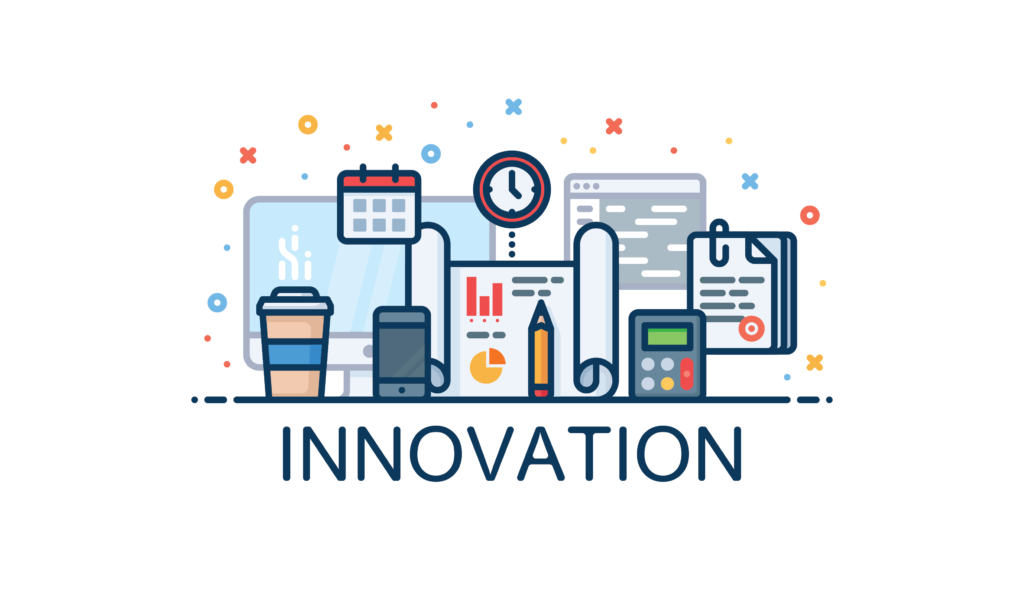The Innovation Era in Project Management
The IPMO has the obligation of developing appropriate tools and techniques; making them available to the project leaders to use. It remains the processor and maintainer of the knowledge accumulated over the years and makes it the right place to collect and provide such tools and techniques. The IPMO checkmates and makes sure the tools provided are appropriately used; it must have processes in place to facilitate the sharing of unexpressed knowledge where team members can share their experiences. These tools are apps related, and it can be used to access the standards of project charter’s functional and detailed designs, drawings and plans, minutes of meetings templates, progress and status reports, integration forms and templates.
The value of this scholarly work is also enhanced by its successful attempt at domesticating the concepts to general context. Looking at where we are now, no effort should be spared to seek improvement to an established framework of a seemingly perpetuated state. Looking to the future, we should all create a transformation culture embracing new and emerging technologies. We have an abundance of methodologies, tools, techniques, and guidelines but we all realize with keen awareness that without a proper framework built on a culture of transformation and a commitment to execution, these methodologies, tools, and techniques are meaningless. Culture and commitment are not part of the game; they are the game.
This book is an attempt to disrupt the traditional structure, realign it in a way that we take advantage of emerging technologies, employ the internet of things and artificial intelligence to reap the benefits of available information, so that project success rate needle starts twitching upward. It offers a restructure of the traditional framework, a realignment of it called Project Management Transformation Framework (PMTF) and an introduction to Innovation Project Management Office (IPMO). The framework is designed to rebalance the workload by giving more direct responsibilities to the IPMO. It came to pass that this is speaking truth to power. The book is divided into three main sections Disrupt, Transform and Manage. Each section with its concise and short chapters that discusses various aspects or phases of project management.


